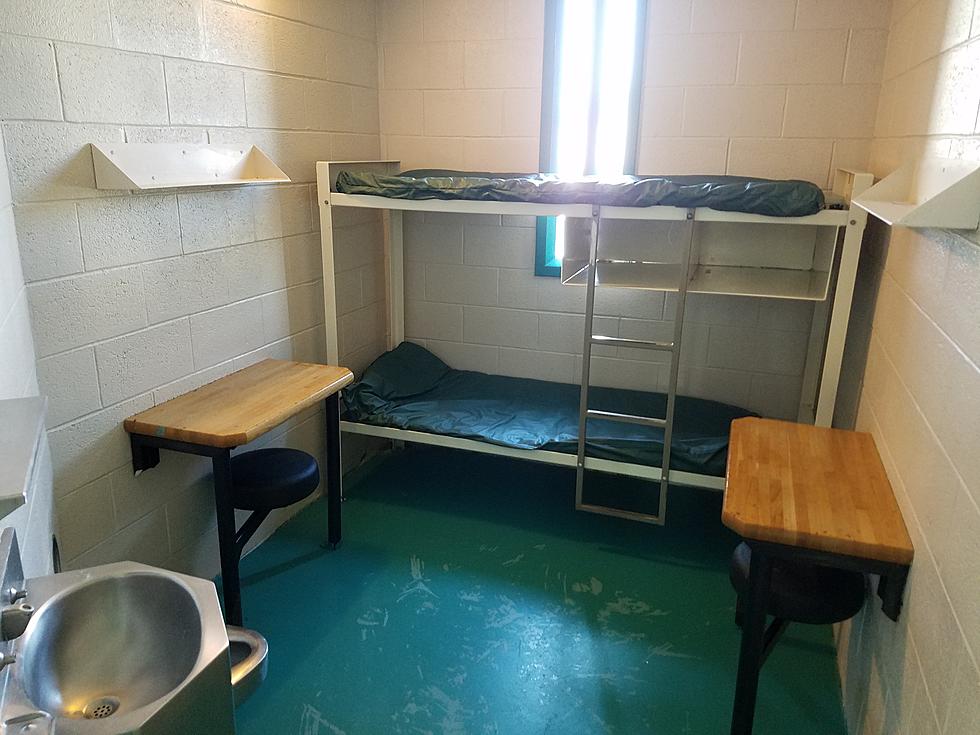
Ocean County releases overdose numbers from 2018
Ocean County Health officials have released their annual overdose fatality pilot program report which looked into 58-cases in 2018 with an age range of 18-67 and 66-percent of those in the report being men and 34-percent women.
What they found with their "social autopsy" was that 66-percent of those cases were reported to have had poor health, 57-percent were linked to substance abuse treatment, another 57-percent had a known criminal history, 55-percent were known IV users, 52-percent were diagnosed or linked to a mental health issue and 22-percent had been convicted of a DUI.
The main mission of the OC-OFRPP is to construct a profile and examine a person's collective history with the hope to better understand their substance abuse disorder and overdose.
They're looking to use this valuable information, or "social autopsy," to empower county agencies and health providers to develop new programming and change policy that can lead to reduced numbers of addiction and overdose deaths in Ocean County.
The sample of information collected along with countywide data collection efforts, will eventually be included in a comprehensive county opioid report that will provide accounts and context around circumstances associated with abuse and overdose specific to Ocean County.
"With the OCHD acting as the lead agency, the Overdose Fatality Review Pilot Program is a collaborative effort that includes cooperation and resources from numerous agencies including the High Intensity Drug Trafficking Areas of New York/New Jersey, the New Jersey Drug Enforcement Administration and the Ocean County Prosecutor's Office," Ocean County Freeholder Gerry Little, liaison to the Ocean County Health Department, said. "Additionally, we are forever grateful for all the time and effort by all the private partners and entities and their dedicated involvement with the program."
"We are calling it a social autopsy because we are studying each decedent's profile to learn how such things as when drug use began, medical background, family issues, criminal history and environment," Daniel E. Regenye, OCHD Public Health Coordinator said. "There is so much beneficial information that ultimately will drive new program development, changes in policy, and increased access to prevention, treatment and recovery."
"Information can now be used for providers in our communities to have open and honest conversations about the gaps and barriers within the system, and now how to fix those issues," Kimberly L. Reilly, OCHD Chief of Administrative Services said. "The ultimate objective is to have another tool in our kit to try and save as many lives as possible from addiction and overdose."
If you have any questions regarding this the Ocean County Overdose Fatality Review Pilot Program visit www.ochd.org or www.phu2.org.
More From The Jersey Shore:
More From 105.7 The Hawk









